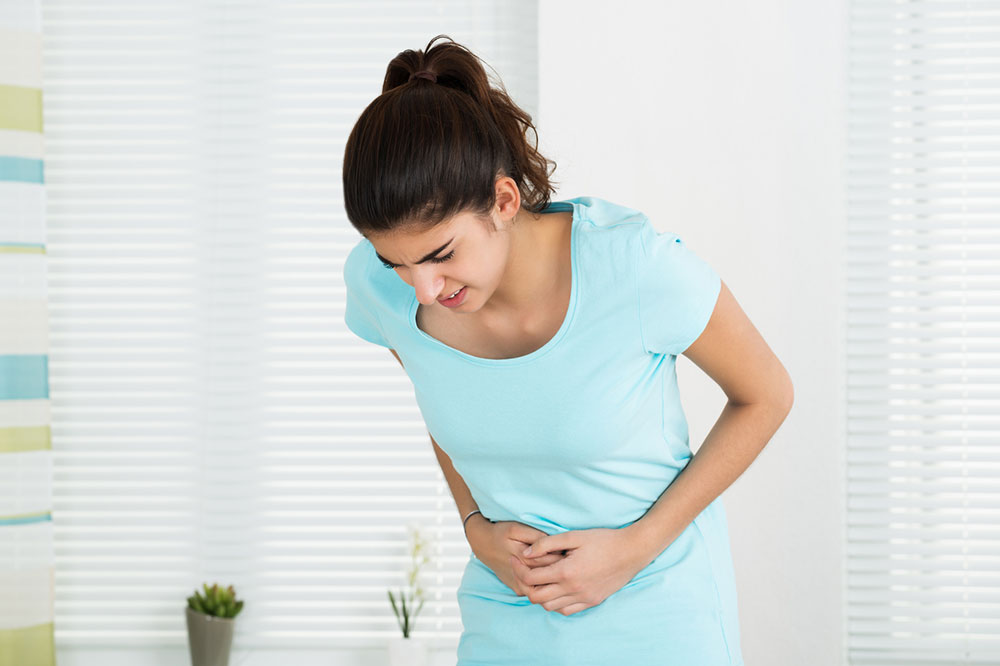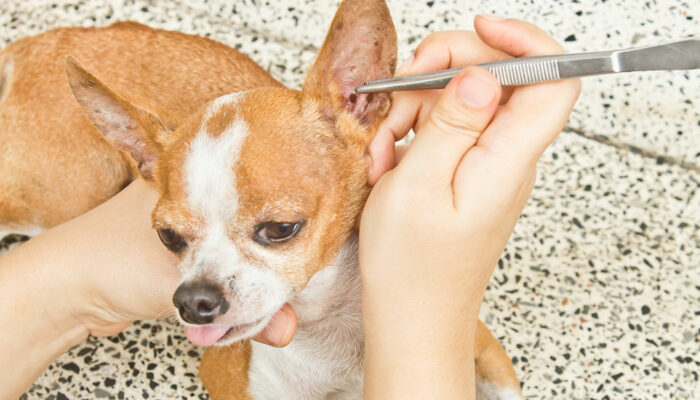
Simple Tips to Manage an Overactive Bladder
Millions of Americans, more women than men, are affected by an overactive bladder (OAB). It is not a fatal disease but a health condition that can cause you untold misery. The symptoms of OAB can prevent you from focussing at work or enjoying social events. However, remember that you can discuss this issue with a doctor and get treated for it. Treatment can minimize the symptoms and enable you to lead a stress-free life. Here are a few simple tips that might help you manage an overactive bladder.
1. Get professional help
Ensure not to suffer in silence when you have a bladder problem. Seek the help of a doctor and explain your symptoms. If the diagnosis reveals an overactive bladder, make sure you talk freely and get all doubts cleared. Take medicines as per the doctor’s instructions, and follow lifestyle changes to alleviate symptoms. If you are taking diuretic medication, find out if you can have them in the day time. It is because they might produce more urine resulting in more trips to the bathroom. Hence, having it during the day will not disturb your nighttime sleep routine.
2. Learn exercises
Learn to do Kegel exercises. They are the best way to strengthen your pelvic muscles. Any time you are sitting in a meeting or commuting to work, you can do it discreetly. Tighten the pelvic muscles for a few seconds, then relax them. After a few seconds of rest, repeat this cycle a few more times. Over time, it will help control urine flow.
3. Follow a schedule
Jot down details of your symptoms. Find a pattern. Then make a schedule for using the bathroom. Do this at home and while you are at work. Scheduling bathroom breaks at convenient intervals will help empty your bladder, ease your mind, and allow you to focus on the job on hand.
4. Hydrate yourself
You might start to think not drinking water or fluids might make your overactive bladder work less and reduce the incessant urgency of urination. But remember being dehydrated will lead to serious health complications. While keeping yourself hydrated is essential, remember not to drink a lot of water in the evening. Stop taking fluids a few hours before bedtime. It might keep your bladder empty and lessen your urge to use the bathroom at night time. And when you do this, you will be able to sleep more peacefully without any interruptions.
5. Use toilet time fully
Whenever you use the toilet to empty your bladder, take a couple of minutes extra to make sure you are done fully. Go into the bathroom unhurriedly, and finish your business of clearing your bladder. Then you will be able to relax without any anxiety when you walk out of the restroom. It will reduce the urge to rush into a toilet soon after.
6. Recognize triggers
Limit intake of food and drinks that trigger your overactive bladder condition. Cut back significantly on caffeine and alcohol because these are diuretic foods that can stimulate your bladder. They might worsen your symptoms of an OAB.
7. Keep family, friends, and coworkers informed
When you have an overactive bladder, do not feel shy. There are plenty of people out there who suffer from the same health condition silently. Make your family, friends, and coworkers aware of your problem and gather their support. Explain to them the symptoms you experience. They will understand when you leave the room in a hurry abandoning a conversation midway, or request a different workstation closer to a bathroom. It will ease the pressure on you to be polite all the time and avoid embarrassing situations. It is beneficial when you feel the sudden need to dart into the bathroom to empty your bladder. And, during sex, some positions might give you more comfort and reduce anxiety about accidents happening from an OAB. So please speak with your partner about them. That way, you can both enjoy pleasure without spoiling the mood.
8. Use hygiene aids
If you are worried about urine leak accidents at night time, at the workplace, or when you travel, make use of hygiene aids. Pads, catheter devices, and protective underwear can ease your anxiety and make sure you do not face embarrassing situations. Also, you could use rubberized or plastic mattress protectors to safeguard your bed from accidents. Always carry a fresh set of clothes with you in case accidents happen.



